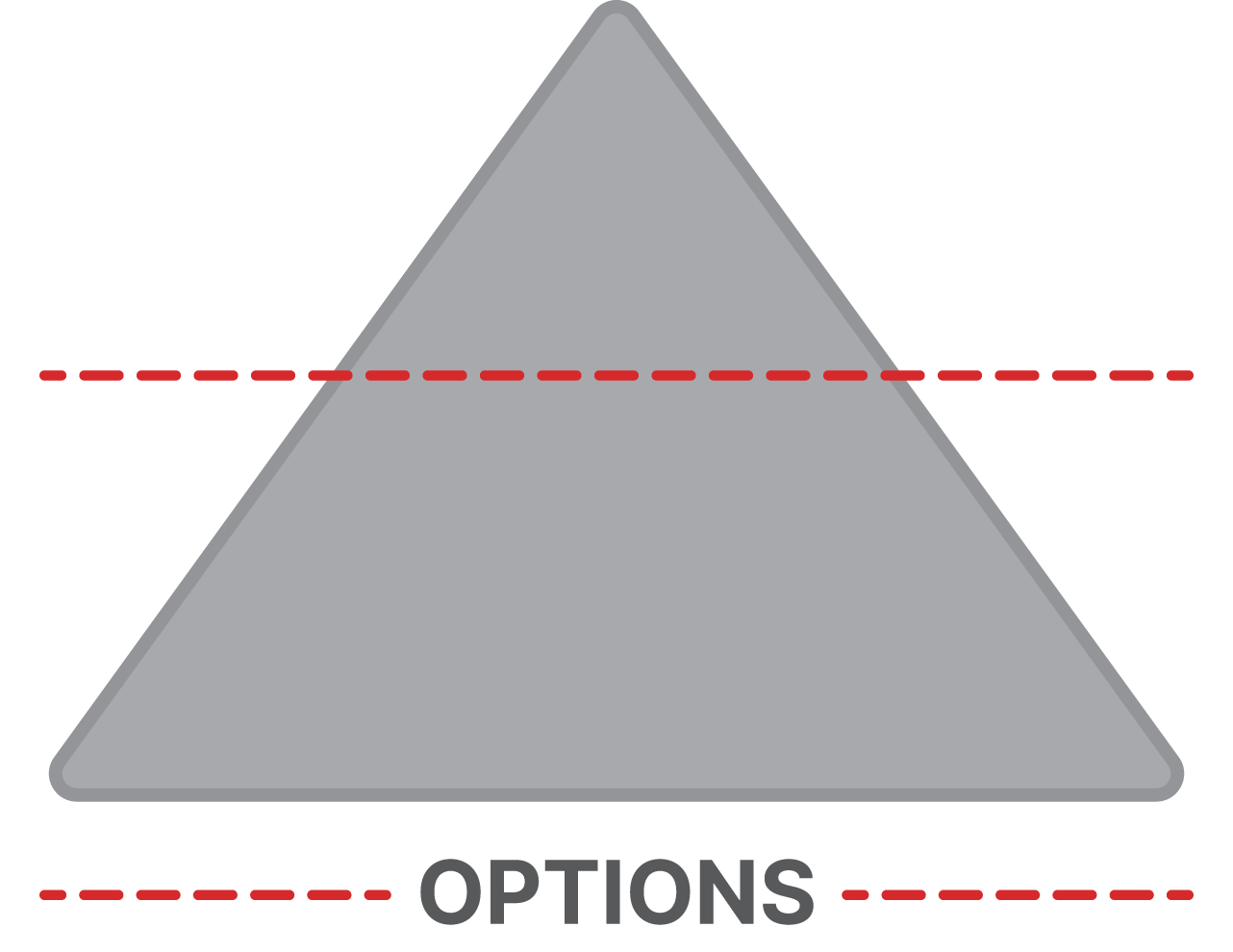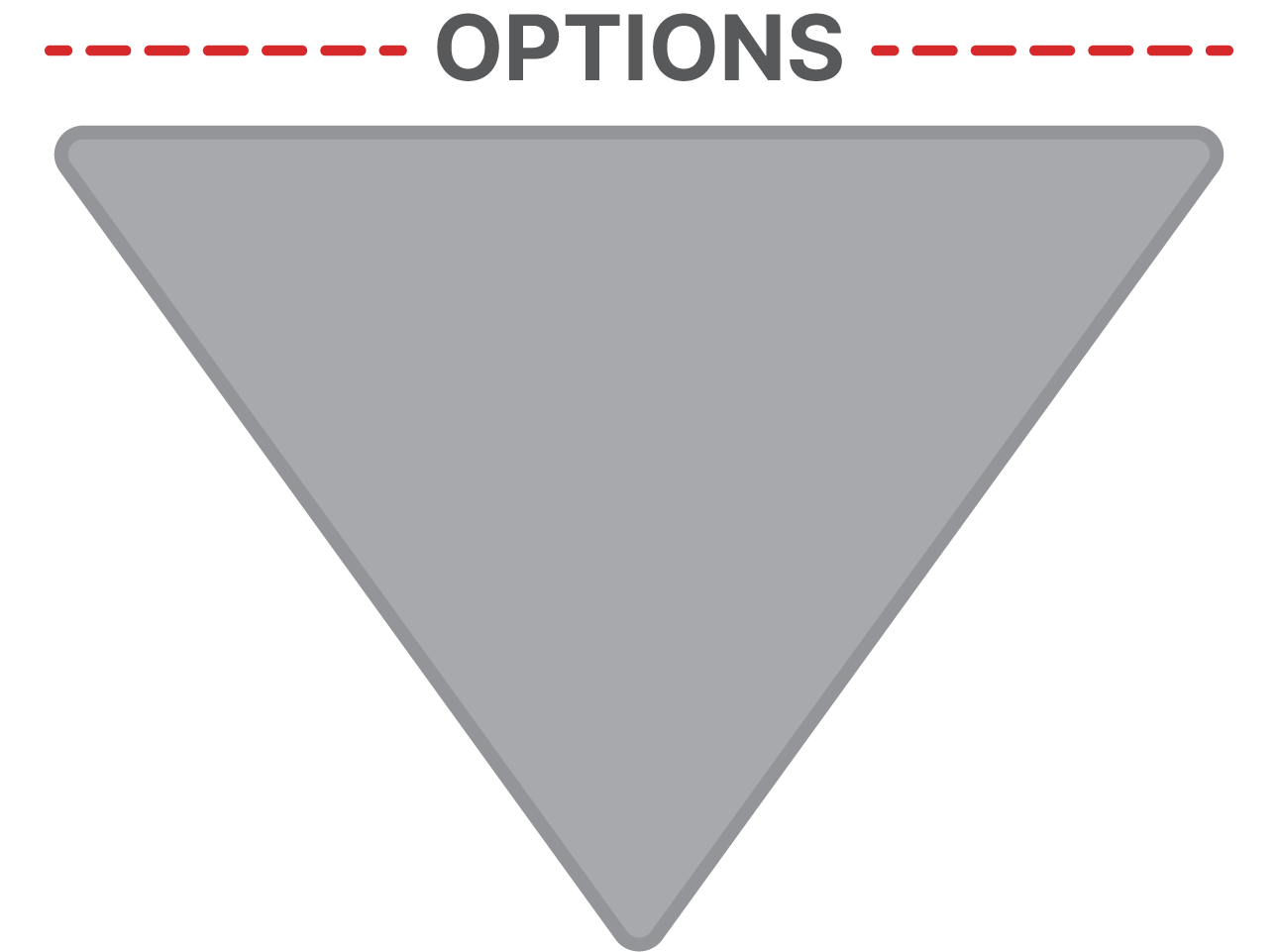One Right Every Good Leader Forfeits
Years ago, while coaching a middle manager through his leadership journey, I asked why he wanted to move up the organizational chart, knowing it would mean greater responsibilities and heavier commitments. I’ll never forget his candid response: “Because I’ll finally get to call the shots. I want to do things my way.”
While his comment wasn’t evil, it launched us into a deeper conversation about what leadership really means. In my experience, it actually means giving up personal rights, not gaining them, at least for good leaders. Leadership isn’t supposed to offer us the liberty to do what we want, but quite the opposite. In fact, I was reminded of what my friend Gerald Brooks once told me over 25 years ago:
❝Leaders lose the right to be selfish.❞
Good ones, anyway. I think the person who can be trusted with more power is the one who isn’t seeking it. The best ones understand leadership as a stewardship. We manage our power for a season and then pass it on. During that season, we surrender the right to be selfish. Years ago, my employer John C. Maxwell taught me how it is supposed to work:
Leadership Triangle
This triangle diagram represents your life’s journey. As you begin your career, you function at the base of the triangle. Since you’re not yet a positioned leader or manager, you enjoy a wide range of options or freedoms. You’re only responsible for being an individual contributor. The higher you progress into leadership, (up the triangle) however, the more others will expect from you. Leaders must give up their options (rights) on behalf of the mission and the people. You see yourself as being there to serve them, not to be served, even though it goes both ways. It’s a stewardship that beckons us to surrender personal favors and options we might have enjoyed when we had less responsibility. (The dotted line halfway up the triangle illustrates at that point, the range of options have narrowed). Put another way, people are disgusted when they see leaders indulge in personal pleasures, spend company money on selfish gains and enjoy perks at the expense of team members. I took my first leadership role in 1979 and immediately realized—my team was watching me. I became more careful of my habits, my remarks, how I handled alcohol, and the language I used. I didn’t feel any bondage; I just wanted to set a model for our culture and tone.
We Love Our Options
The problem is, when people look around them today, they witness selfish leaders everywhere. These leaders somehow feel scrutinized and victimized by the expectations of others and choose to act in a self-serving manner.
Let me offer a case study. On March 21, 1947, our U.S. congress passed a bill to place term limits on the president following Franklin D. Roosevelt’s four terms of office. Interestingly, in 2024, a bill was introduced by two senators to limit the term of a Supreme Court justice to 18 years. Again, they want to put limits on power.
If this bill passes, two of the three arms of our government will have term limits. Can you guess the only branch without them? The U.S. Congress, the ones who vote on such things. Term limits have been proposed for legislators but each time, they get voted down. Hmm. Could it be congress loves the power they gain, and the bribes lobbyists offer too much?
The fact is—poor leaders invert the triangle. They believe the higher you progress into leadership, the wider your options and rights are. They get to fly on jets paid for by the voting public, take bribes, sleep around, hide spending and other selfish habits. My question? Is this really the model we want to embody for our kids?
Harvard Business Review author Linda Hill says, “New managers often fail, at least initially, because they have misconceptions about what it means to be a boss. One of these myths is that your newfound status gives you the freedom to do what you want for the company. Instead, you tend to find your role is defined by interdependence…people with goals, needs and priorities which may conflict with yours. To lead well, give up the idea of freedom and focus on building relationships.”
Last season, the San Francisco 49ers suspended De’Vondre Campbell for the final three games after he walked off the field mid-game and refused to return—even when Coach Shanahan asked him to step in for an injured teammate. He wasn’t hurt. He simply didn’t want to play. In that moment, a former All-Pro chose self over team, abandoning his responsibility when it mattered most. The organization called it “conduct detrimental to the team.” Soon after, Campbell left the team entirely and unleashed a profanity-filled rant on social media, making it clear he had no regrets. I call it an inverted triangle—a leader using his position for personal choice instead of collective good.
True leadership means surrendering our rights for the sake of those we lead.
We can, and must, do better.
My new book releases this November.
You can pre-order it now ⤵︎
The Future Begins with Z:
Nine Strategies to Lead Generation Z as They Disrupt the Workplace.
Release date: November 4
Subscribe to future articles from Tim.
Book Tim for an event.




